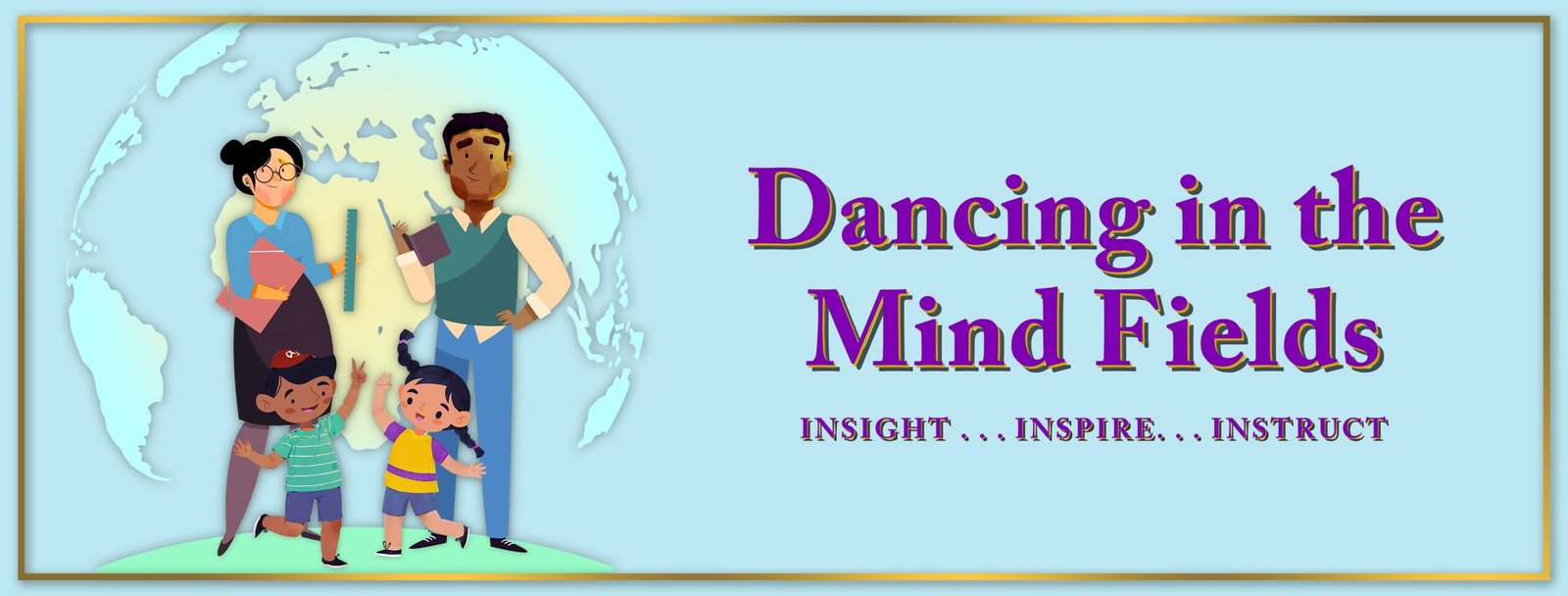
Listen to Phil's Podcast Episodes - Dancing in the Mind Fields
Phil’s podcasts contain an in-depth look at all things public education in the US. Does the district matter? Yes! Listen, laugh, and learn as a forty-year participant in public school leadership tells you why! Phil Stover started in public education as a school bus driver and retired from serving as interim superintendent of the second-largest border school district in the United States. In between, he worked in, with, and for somewhere around 100 districts. He developed strategies with districts to overcome financial, managerial, organizational, and climate challenges.
Phil hopes to instruct, inspire (with humor and real-life stories), and offer insight to those who follow his podcasts and have an interest in, or who faithfully dance in the mind fields of public education. He will be examining all the internal and external forces for and against public education in the United States. On this journey, no subject will be left unexplored. Oh, and the names will be changed to protect the innocent and the guilty!
Check back regularly as each week a new podcast will be uploaded. You can also listen on a variety of your favorite podcast sites.
Six attributes I have observed in a fruitful and flourishing public school employee, regardless of position or degree of direct student engagement:
1. Knowledge: Involves an advanced understanding of task complexity and requirements, together with a foundational understanding of the complicated nature of the public school environment, inclusive of staff, students, stakeholders and resource management.
2. Competence: Differs from knowledge in that it requires a necessary learned skill level to be proficient in the performance of the task at hand. Proficiency is the ability to use both knowledge and skill to demonstrate the competence necessary to succeed at the tasks required in a specific job category.
3. Judgment: Having the good sense to make good decisions given the specific context of a given situation. Takes into consideration the potential implications on others of a given action, comment, or decision and responds accordingly.
4. Trust: Incorporates both concepts of being trustworthy and having the ability to trust others. Being trustworthy requires that one be able to predictably respond in a consistent manner to those variables that arise under differing circumstances. The ability to trust involves the capacity to take risks when circumstances might deem otherwise.
5. Wisdom: An ability to make good decisions based on applying the challenges and learnings gained from life experience, even or especially in the presence of competing points of view and when there are immediate consequences. The ability to introspect and understand one’s own unique limitations and apply the same to each unique situation.
6. Internal Locus of Control: A psychological construct that indicates a person believes they have control over the outcome of a majority of their own lived experiences. When that isn’t reality, they then exert self-control over their own point-in-time emotional, rational, and physical response to that new circumstance.
A Few Observations about School Districts and Educational Leadership
I have now retired for a second time from the world of educational leadership. A few observations while they are fresh in my mind:
I once read that a superintendent is in charge of everything and in control of nothing! How true!
In a room of teachers and site staff, the superintendent is the most powerful and, at times, the least relevant person.
District dysfunction hurts teaching and learning. District stakeholders, unions, and mid-level staff can smell dysfunction in the district before anyone else. Coming to work with heads down and mouths shut are the result. Innovation and creativity are stifled, just when they are needed the most.
Chess pieces are inanimate objects. They can be moved according to the chess master’s strategy without reaction. District employees are not chess pieces.
Single story stakeholders do more harm to a district than good. They consume resources that are meant for the students. They are often monoscopic in their outlook. Furthermore, they cannot and will not see the whole. They will never be satisfied. Their single story has become their identity.
Fortunately, a single story does not motivate most stakeholders. They care about the kids, their schools, and the district. They must and should be honored. When they aren’t, they get angry. When the stakeholders are angry, no one is happy.
No one is quite certain whether the district office helps or hurts what happens in the classroom. That is most likely because it is quite capable of both! It frequently exaggerates how it helps and minimizes how it hurts.
Board members who are politicians are better at it than politicians who are board members.
English language learners are happy at home and in their communities. The district must learn how to make them happy at school. A district is often HLLD — happy language learner deficient.
Old educators are often wise. They are just not wise enough to stay retired!
